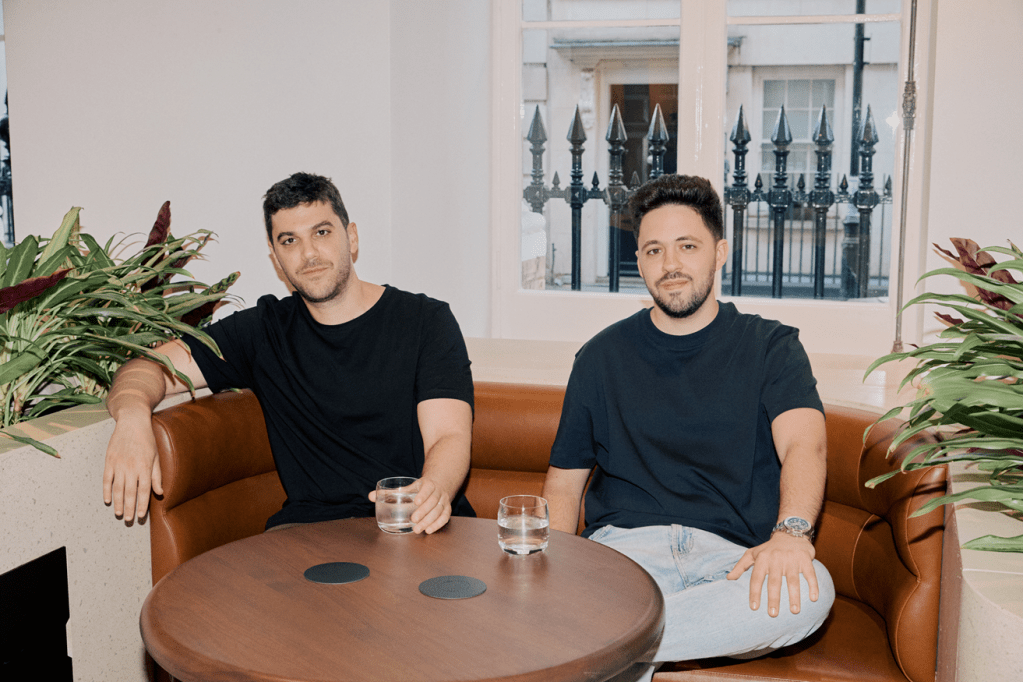On October 21, 2025, OpenAI introduced ChatGPT Atlas, an innovative AI-driven web browser designed to redefine how users interact with online information. This launch signifies OpenAI’s strategic move to challenge Google’s dominance in the search engine and browser markets.
Initial Rollout and Platform Availability
ChatGPT Atlas is initially available for macOS users, with plans to extend support to Windows, iOS, and Android platforms in the near future. OpenAI has made the browser accessible to all users at no cost during this initial phase.
The Evolving Landscape of AI-Powered Browsers
The introduction of ChatGPT Atlas comes at a time when AI integration into web browsers is becoming increasingly prevalent. While Google Chrome has long been the industry leader, the emergence of AI chatbots and agents is transforming online workflows. Startups like Perplexity with their Comet browser and The Browser Company’s Dia have ventured into this space, offering AI-enhanced browsing experiences. In response, tech giants Google and Microsoft have incorporated AI features into Chrome and Edge, respectively, to maintain their competitive edge.
Core Features of ChatGPT Atlas
Ben Goodger, Engineering Lead for Atlas at OpenAI, emphasized during a livestream that ChatGPT is integral to the new browser. Users can engage in conversational interactions with their search results, similar to functionalities found in Perplexity’s Comet and Google’s AI Mode.
A standout feature of AI-powered browsers is the built-in chatbot that resides in a side panel, providing contextual assistance based on the user’s current screen content. This eliminates the need for manual copying and pasting, streamlining the user experience. Adam Fry, Product Lead at OpenAI, confirmed that ChatGPT Atlas includes this sidecar feature. Additionally, the browser maintains a browser history, enabling ChatGPT to log visited websites and user activities, thereby delivering more personalized responses.
Integration of AI Agents for Task Automation
AI-powered browsers often incorporate AI agents designed to automate web-based tasks on behalf of users. Early versions of such agents have shown promise for simple tasks but have faced challenges with more complex automation. OpenAI’s ChatGPT Atlas includes a web-browsing agent capable of performing small tasks within the browser. This agent mode is available to ChatGPT users subscribed to the Plus, Pro, and Business tiers at launch.
OpenAI’s Vision for the Future of Browsing
Nick Turley, Head of ChatGPT at OpenAI, expressed that browsers have redefined the concept of operating systems by revolutionizing online workflows. He envisions ChatGPT as a similar transformative force. While AI-powered browsers are currently generating significant interest within Silicon Valley, their broader impact on the global user base remains to be seen.
Conclusion
The launch of ChatGPT Atlas marks a significant milestone in OpenAI’s mission to innovate the way users access and interact with online information. By integrating advanced AI capabilities directly into the browsing experience, OpenAI aims to offer a more intuitive, efficient, and personalized web navigation tool. As the browser becomes available across more platforms and its features continue to evolve, it will be interesting to observe how it competes with established players like Google Chrome and Microsoft Edge in the dynamic landscape of web browsers.



